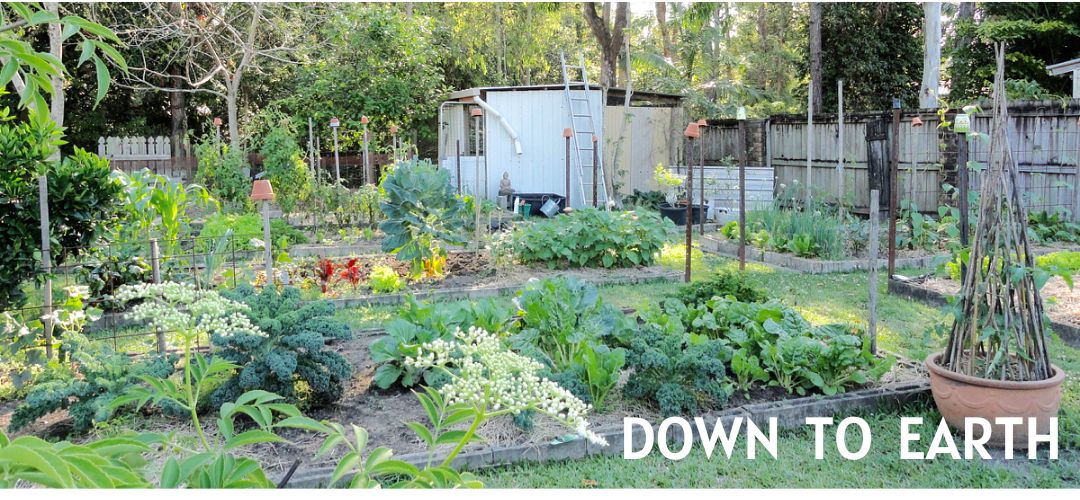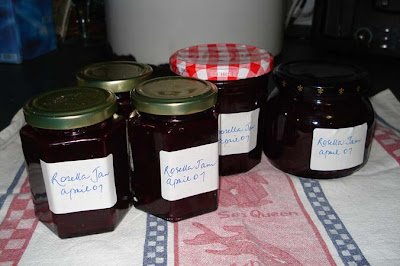Choose your packaging carefully when you are buying groceries. It’s great to recycle and reuse plastics but it’s much better to reduce the amount of plastic you buy in the first place.
If you buy those plastic sauce dispensers, buy one, then buy a bulk pack of sauce and keep refilling the dispenser, ditto with mustard. The same goes for those plastic bottles of water. When the bottle is empty, refill it instead of buying a new one. Naturally you’ll need to wash it every day. Cleaning chemicals often come packaged in plastic. There are more natural ways of cleaning your home, look here to find some I use. Even when a product looks like it’s in a plain cardboard box, the box is often coated in wax or a thin plastic to make it watertight. Just scrape the box with your fingernail and if you have anything come off under your nail, it’s probably been waxed. Milk and juice cartons are made from a product called Liquidpaperboard, which is a mix of paper, aluminium foil and plastic. When you recycle these cartons they are made into office paper.
Speaking of paper, that is one of the materials that must be recycled, either in your own garden, compost or worm farm, or at the recycle depot. If you add paper to your household waste bin, it will go to land fill and as it breaks down it will add significantly to the methane gas that’s emitted from your local tip. Methane is one of the most harmful greenhouse gases. Paper is easily recycled and uses 90% less water and 50% less energy than paper made from trees.
Shredded paper makes excellent hens' nests.
Australians use over five billion plastic shopping bags a year. That is shameful. In Australia, plastic shopping bags should not be added to your normal rubbish bin, nor to the recycling bin. Despite this over 200,000 plastic bags are loaded into landfill every hour. They should be taken to a store or major supermarket (Coles, Woolworths, Franklins, Safeway) that accepts them back. These bags are then sent en masse to a special recycling station where the bags are processed and recycled. Plastic bags are generally only used for the time it takes to carry your groceries to your home. Then it takes between 15 and 100 years to break down. I can’t stay on blogs or sites that have those plastic bag counters on them. It is the one thing that will move me off that site immediately. I can’t bear knowing how many of those bags are being accepted into people’s lives every day. There is no reason to accept a plastic bag when you go shopping. We have been living with green shopping bags for years now and if you haven’t bought some or made your own shopping bags, why haven’t you? Be prepared, take your bags with you when you are grocery shopping.
There are patterns for crocheted shopping totes here or here or a fabric one here. The bags below are the net bags I use when buying vegetables, nuts and fruit. They are just a piece of tulle or netting, sewn along three sides and hemmed at the top. Simple! One of my readers has just alerted me to her home business that makes a similar fruit and vegie bag, here is the link for online sales. Thanks Rebecca.
Net bags will allow you to bring home your produce without plastic. They also allow the shop keeper to see what you have in the bag.






